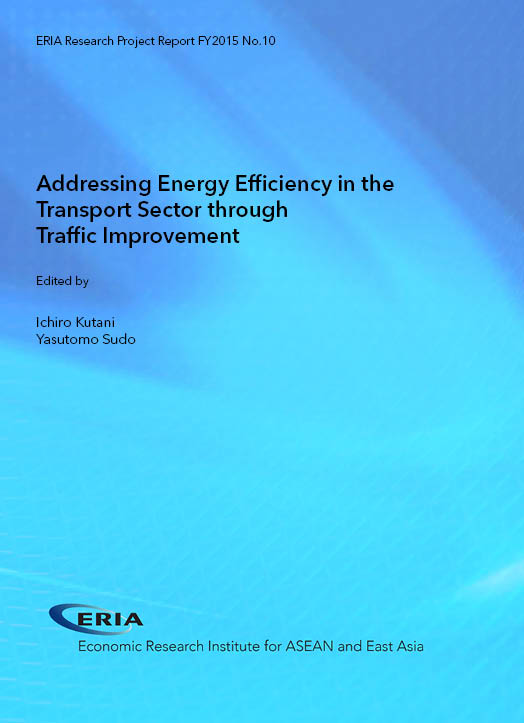Addressing Energy Efficiency in the Transport Sector through Traffic Improvement

Date:
18 October 2016Category:
Viet Nam, Infrastructure, Urban DevelopmentType:
Research Project ReportsTags:
Urban Development, InfrastructurePrint Article:
The 2012 research of the Economic Research Institute for ASEAN and East Asia on energy efficiency of urban transport in East Asia countries identified investment option to reduce traffic congestion, thus, demand for oil. However, proposed investment and reactive policy measures are likely to have limited impact, and fundamental change is required to achieve a better future for megacities.
This study focuses on midsized to small cities in their early stage of development, with Da Nang of Viet Nam as a case study. Da Nang plans to develop a bus rapid transit system in the near future but it does not have a blueprint for a feeder bus system, one necessary to enable BRT users to easily access the BRT stations. This study focuses on the design issues of the feeder bus system, specifically its optimal route, assuming transport demand scenarios for Da Nang City in 2017, 2020, 2025, and 2030.
The study further analyses how urban transport efficiency could be improved with more effective policy measures.
Full Report
Contents
Chapter 2. Theory of Traffic Policy Development in Relation to Energy Efficiency
Chapter 3. Modal Preference of Da Nang Citizens




